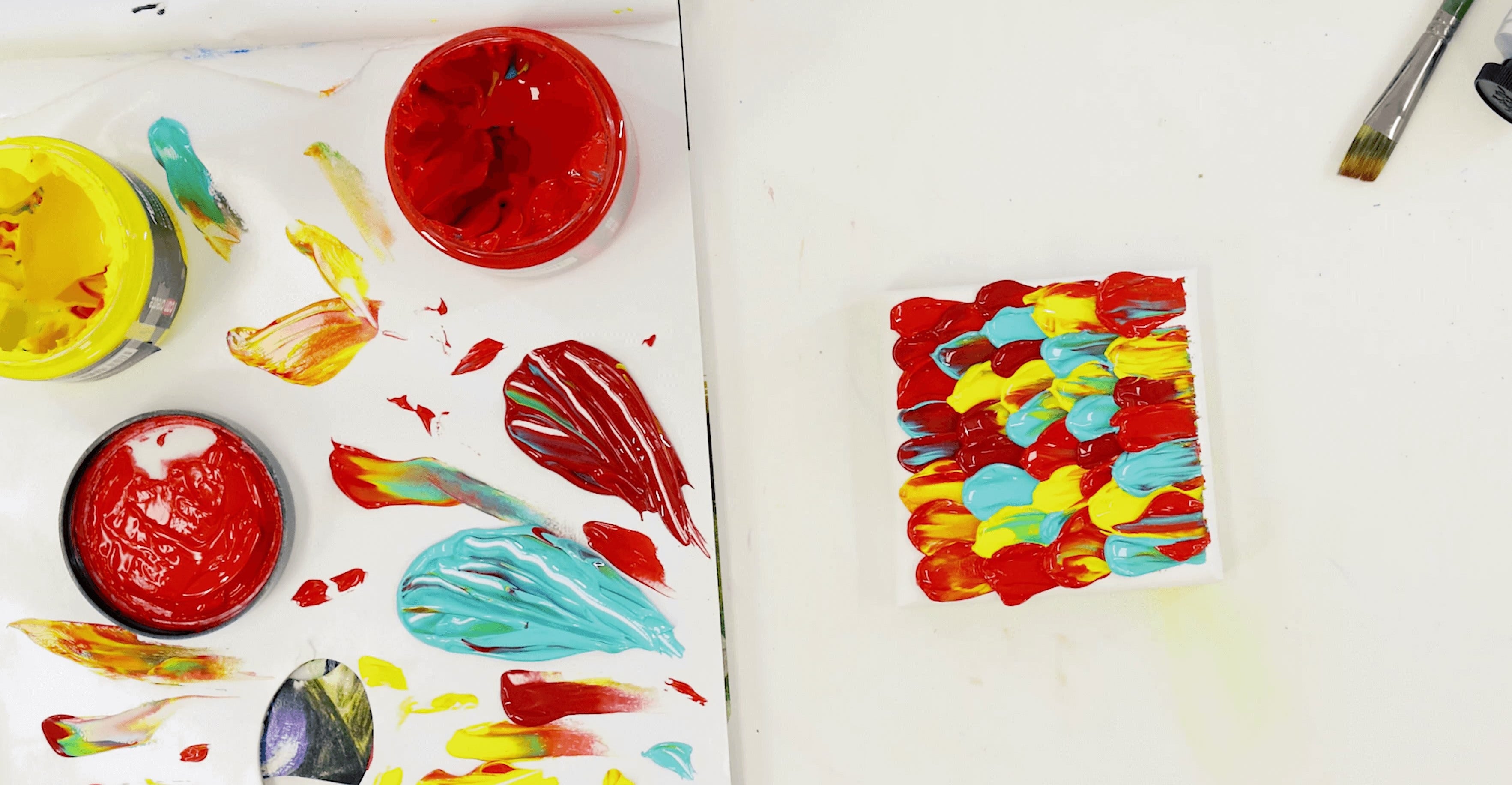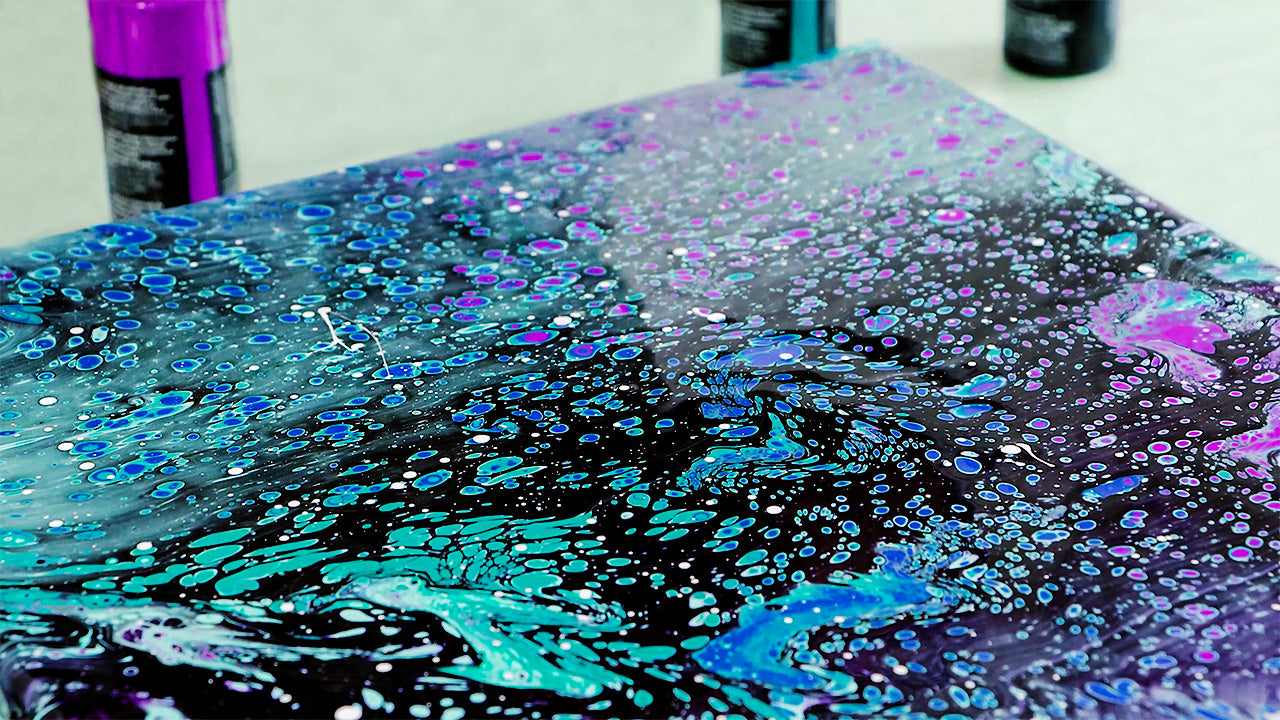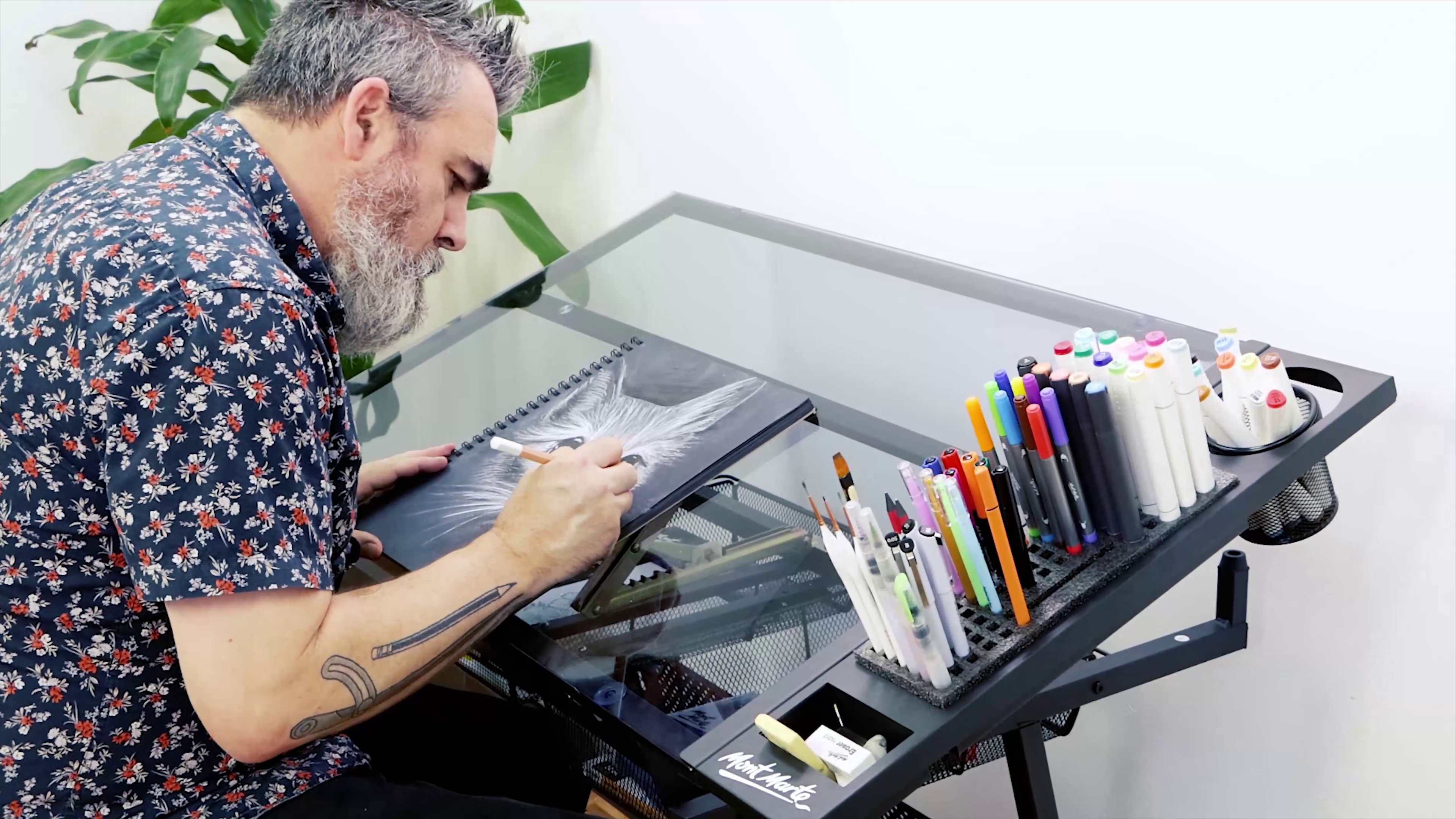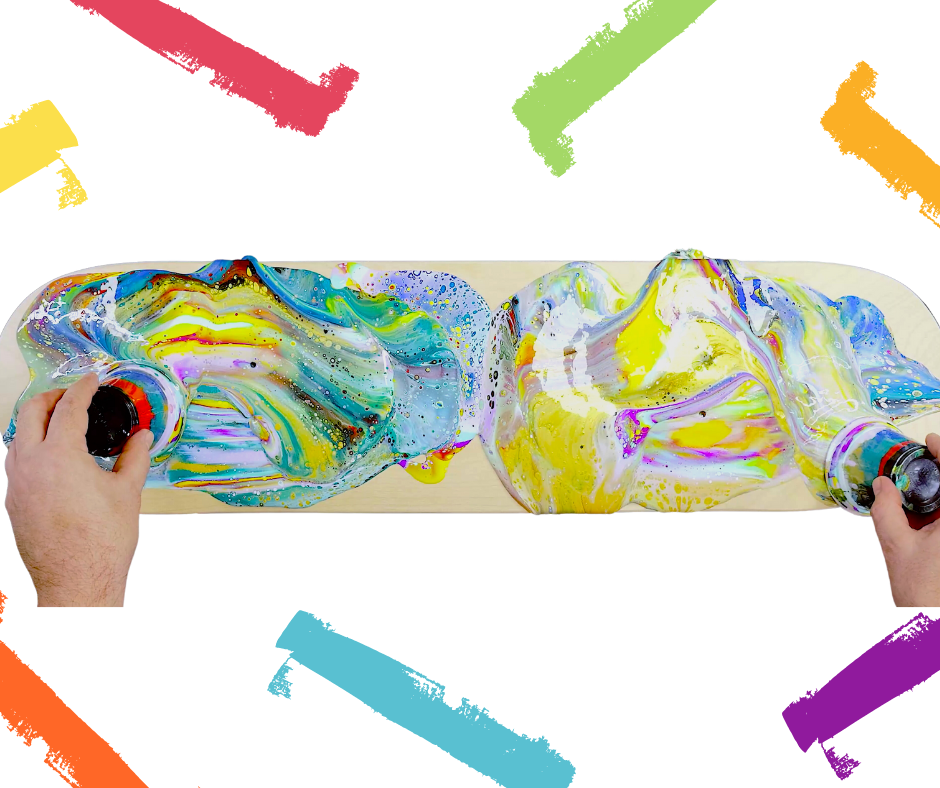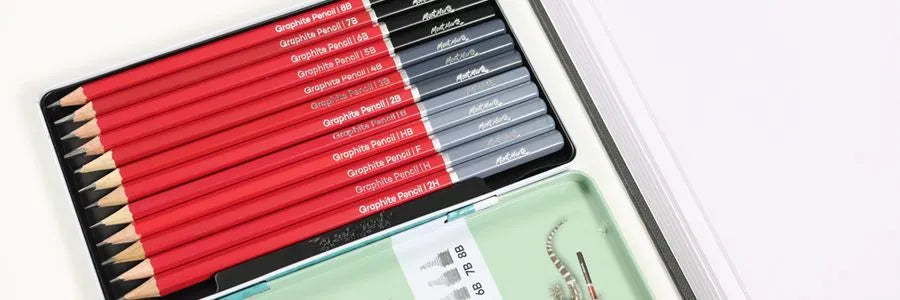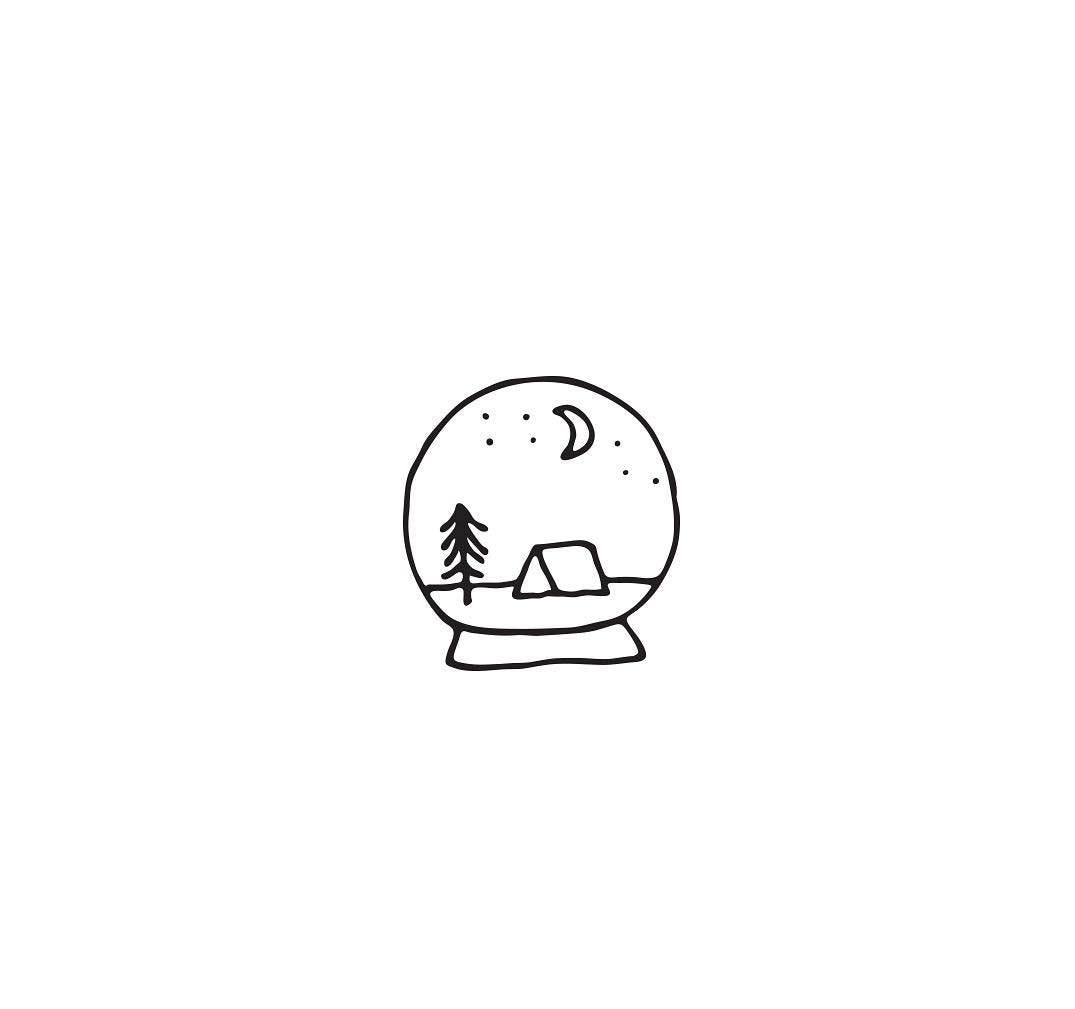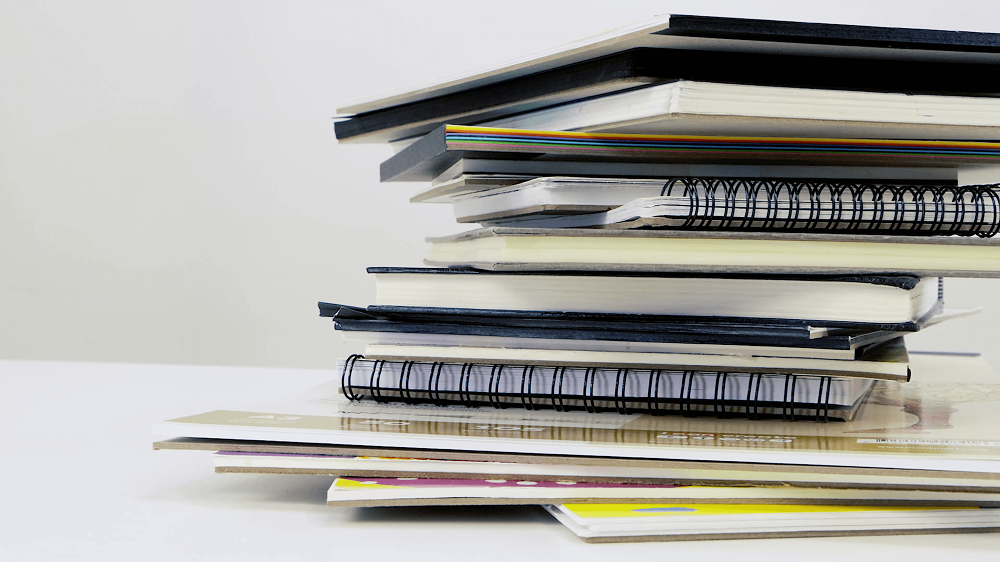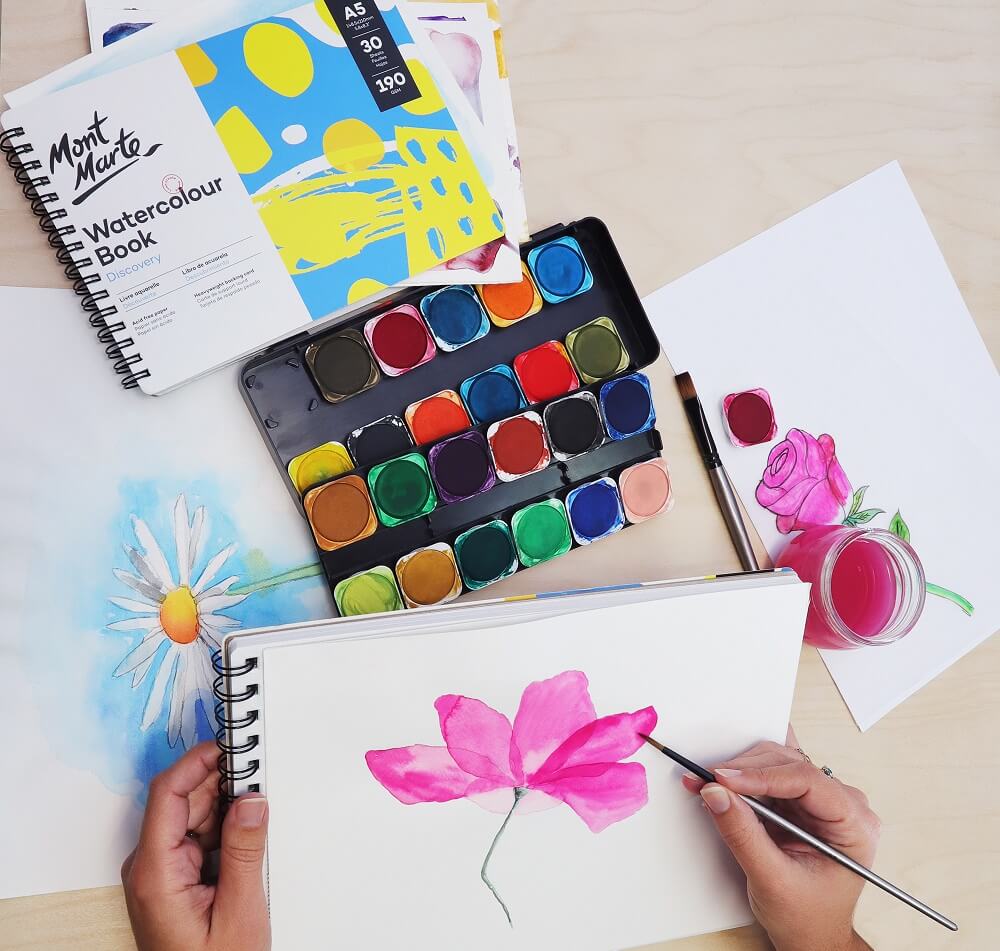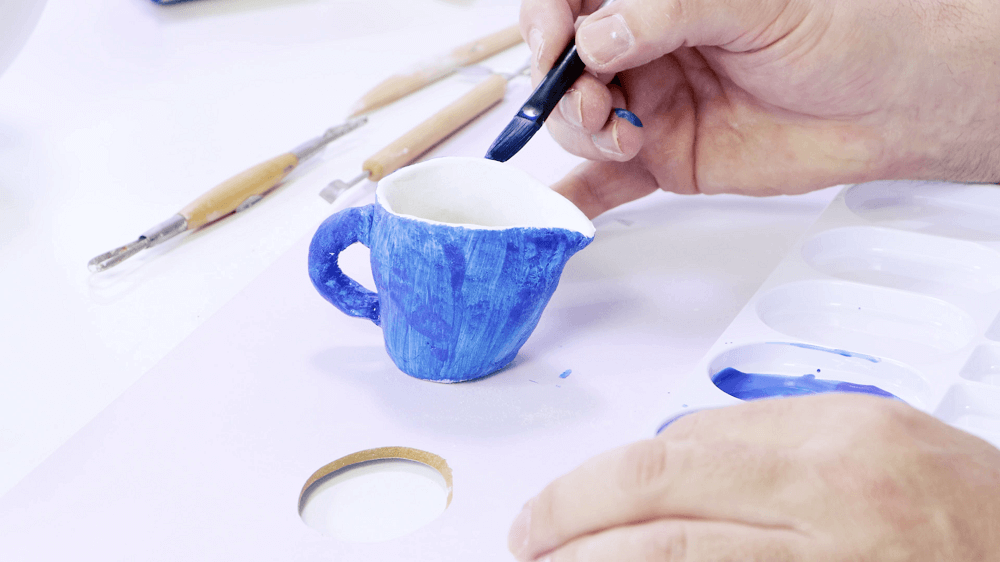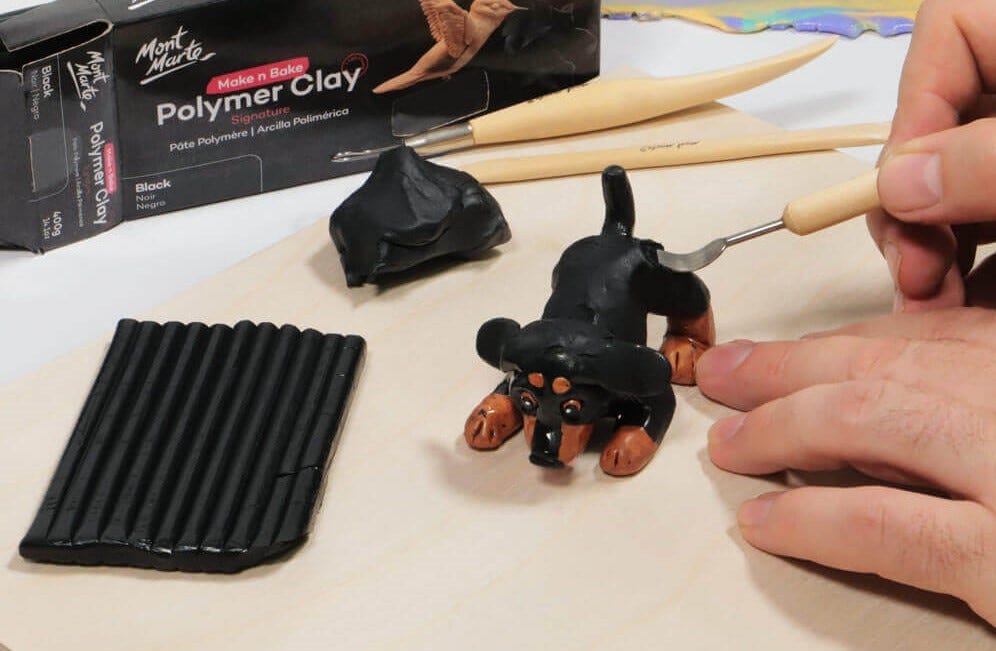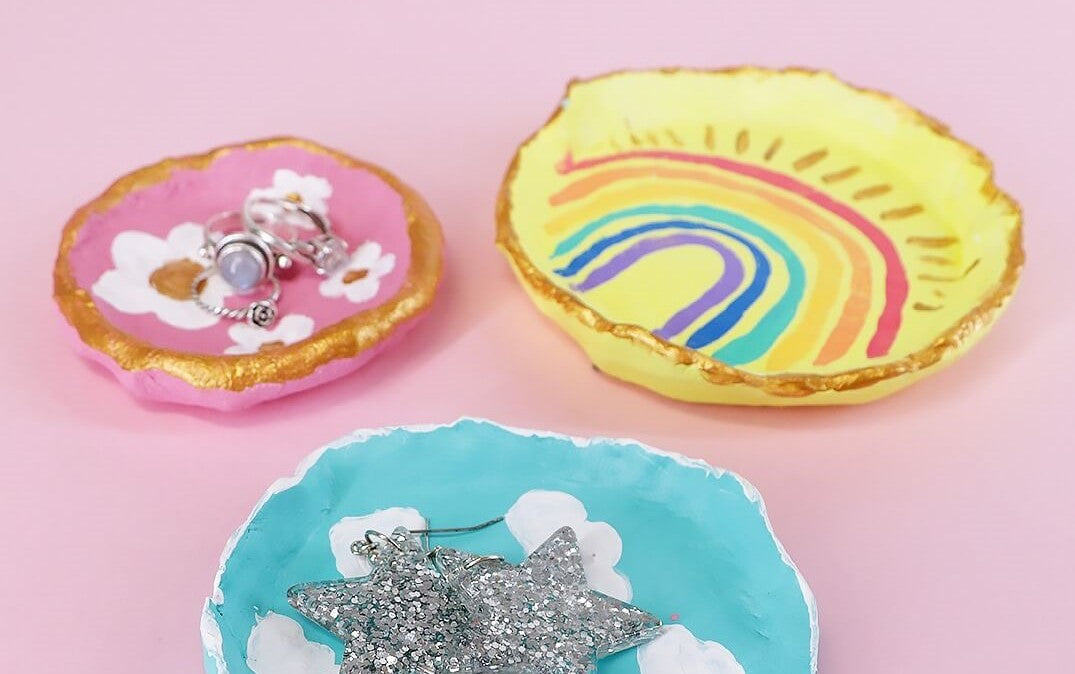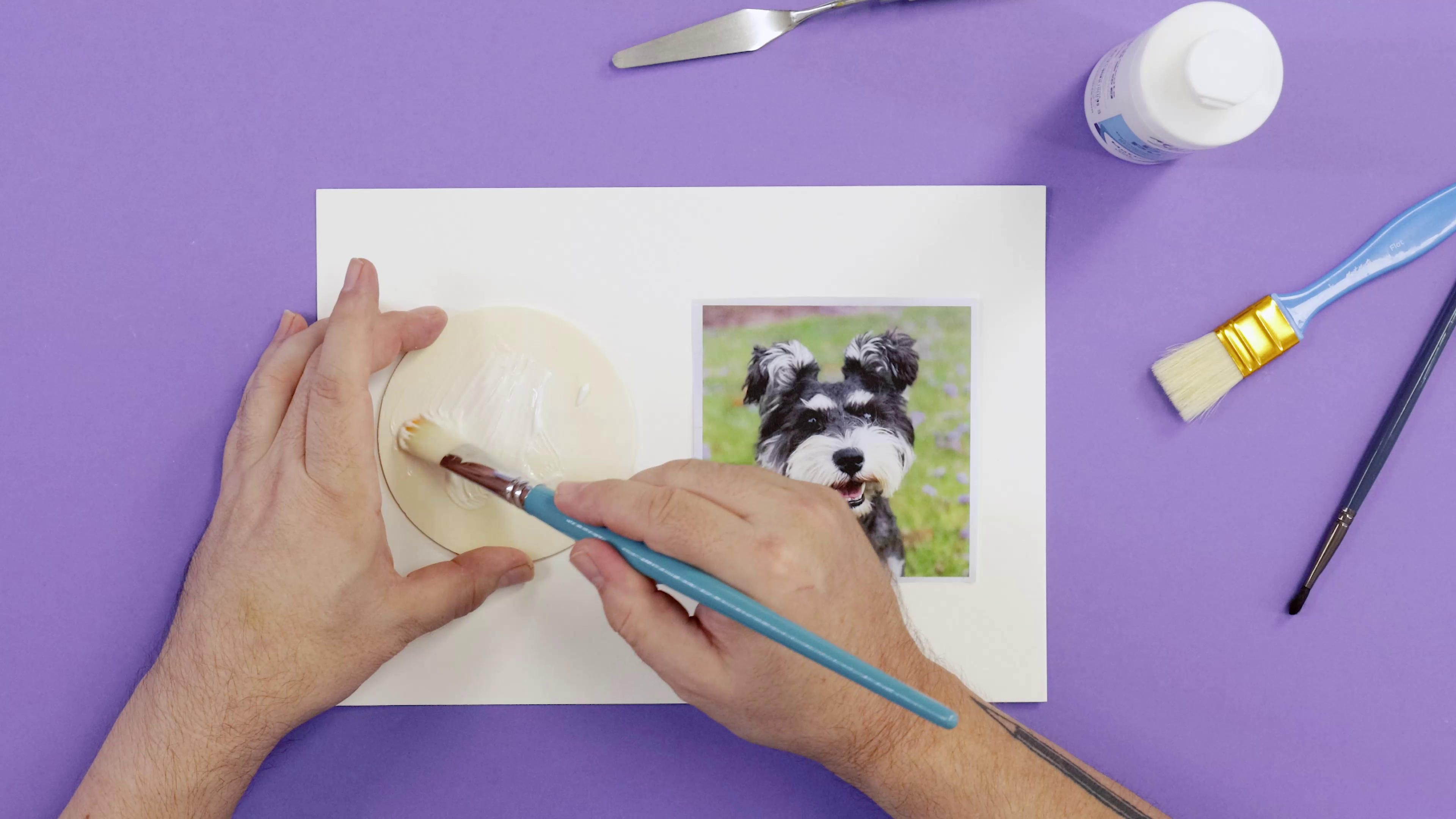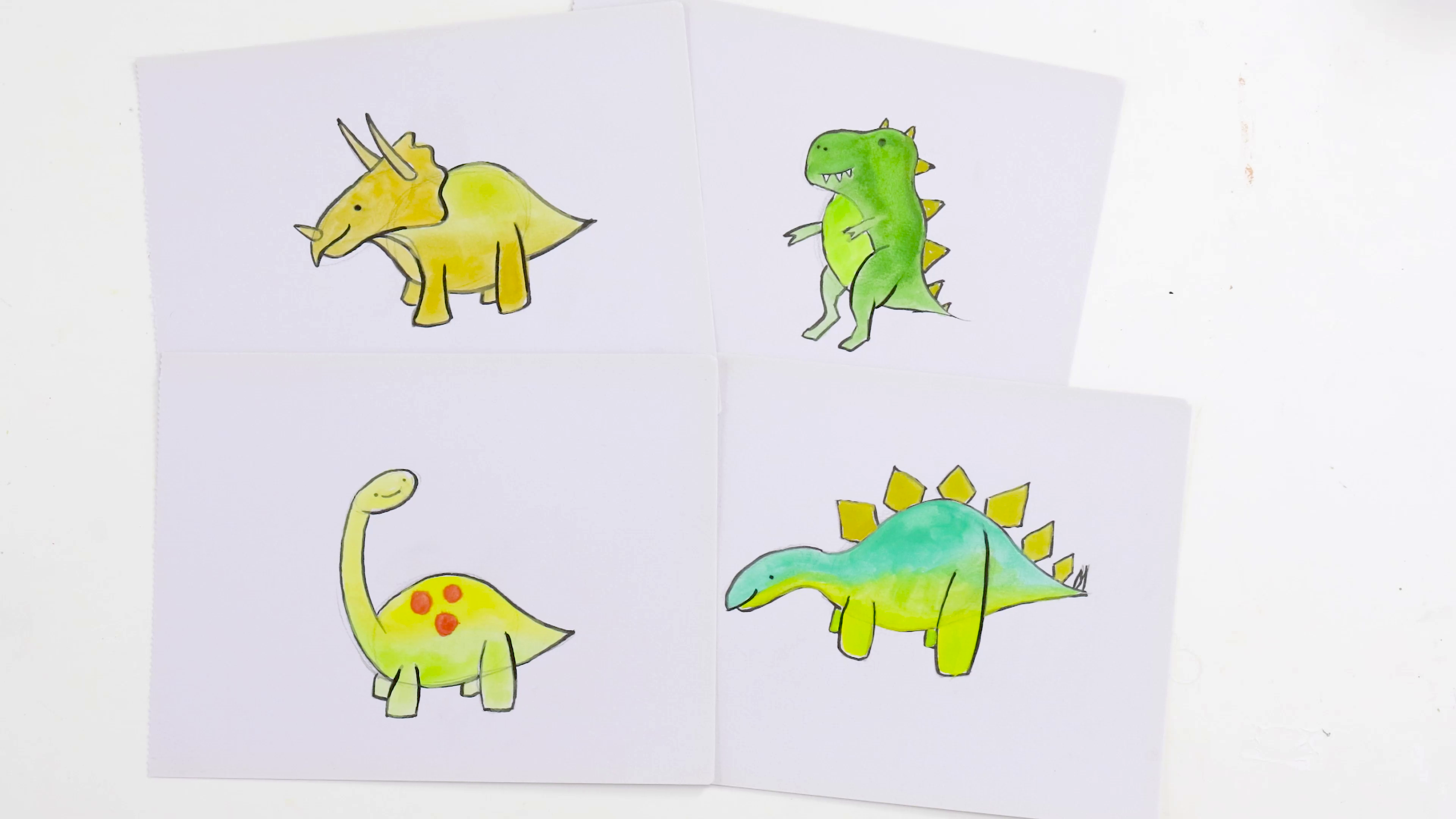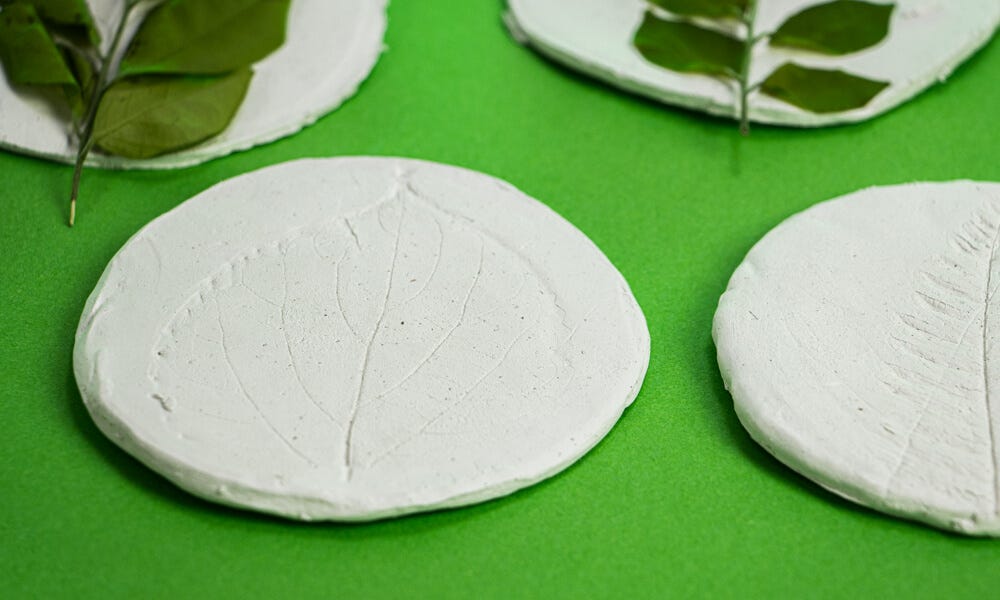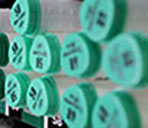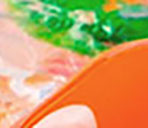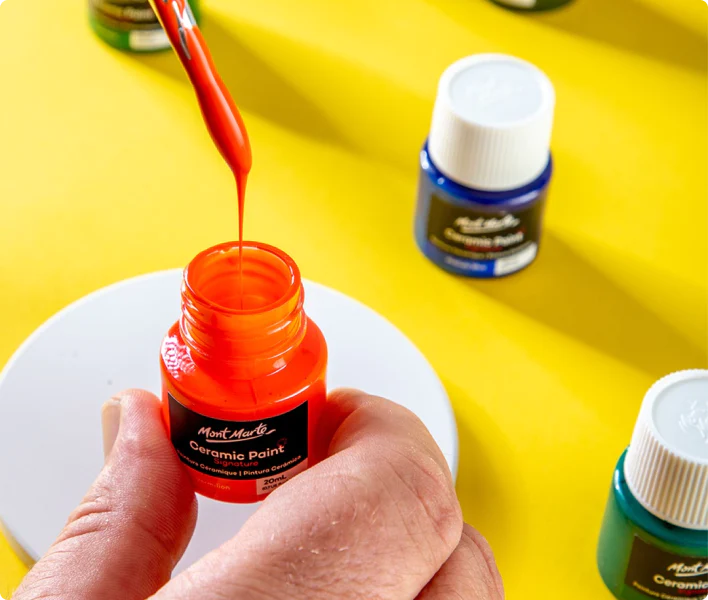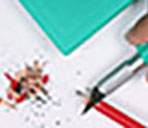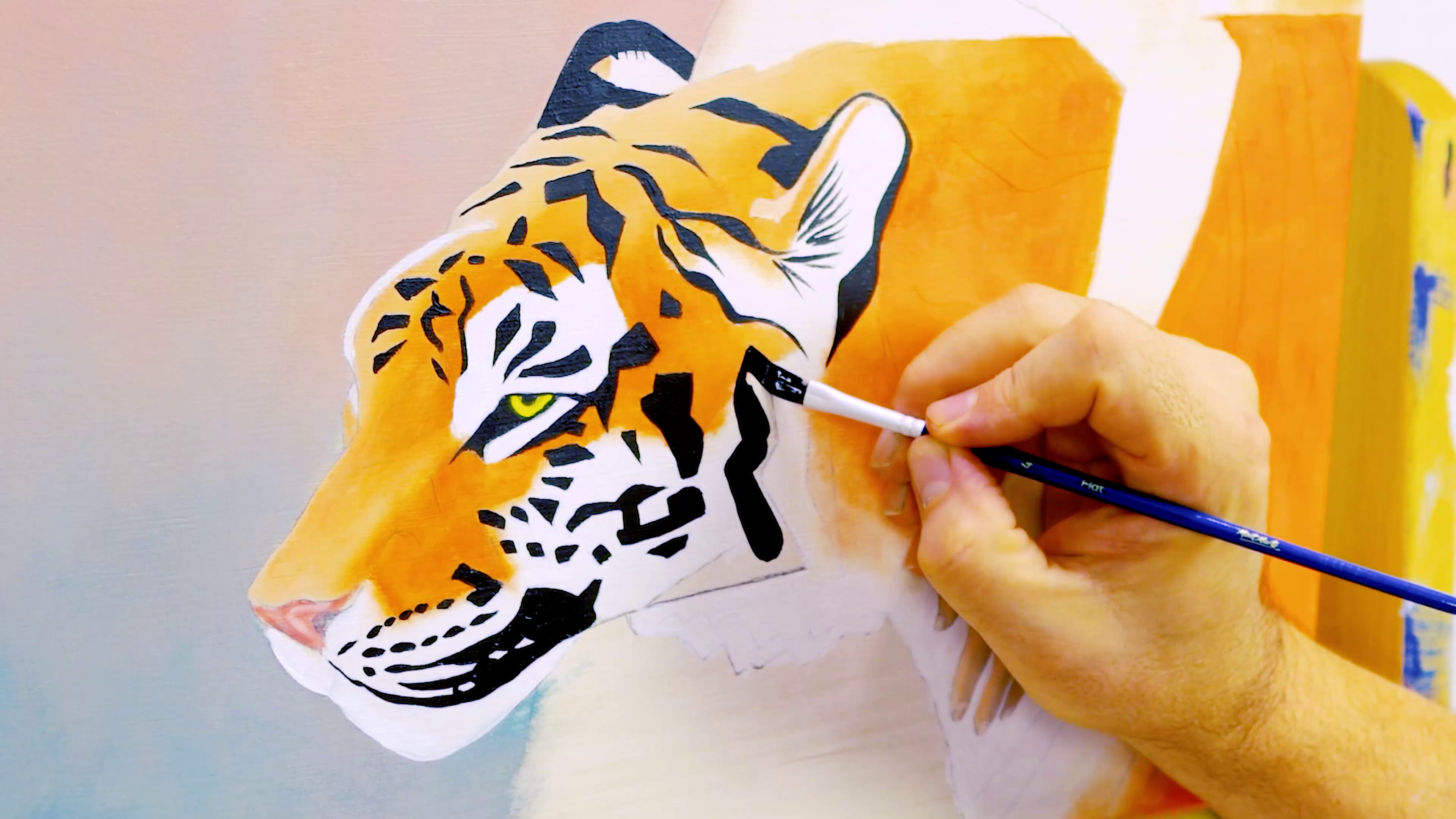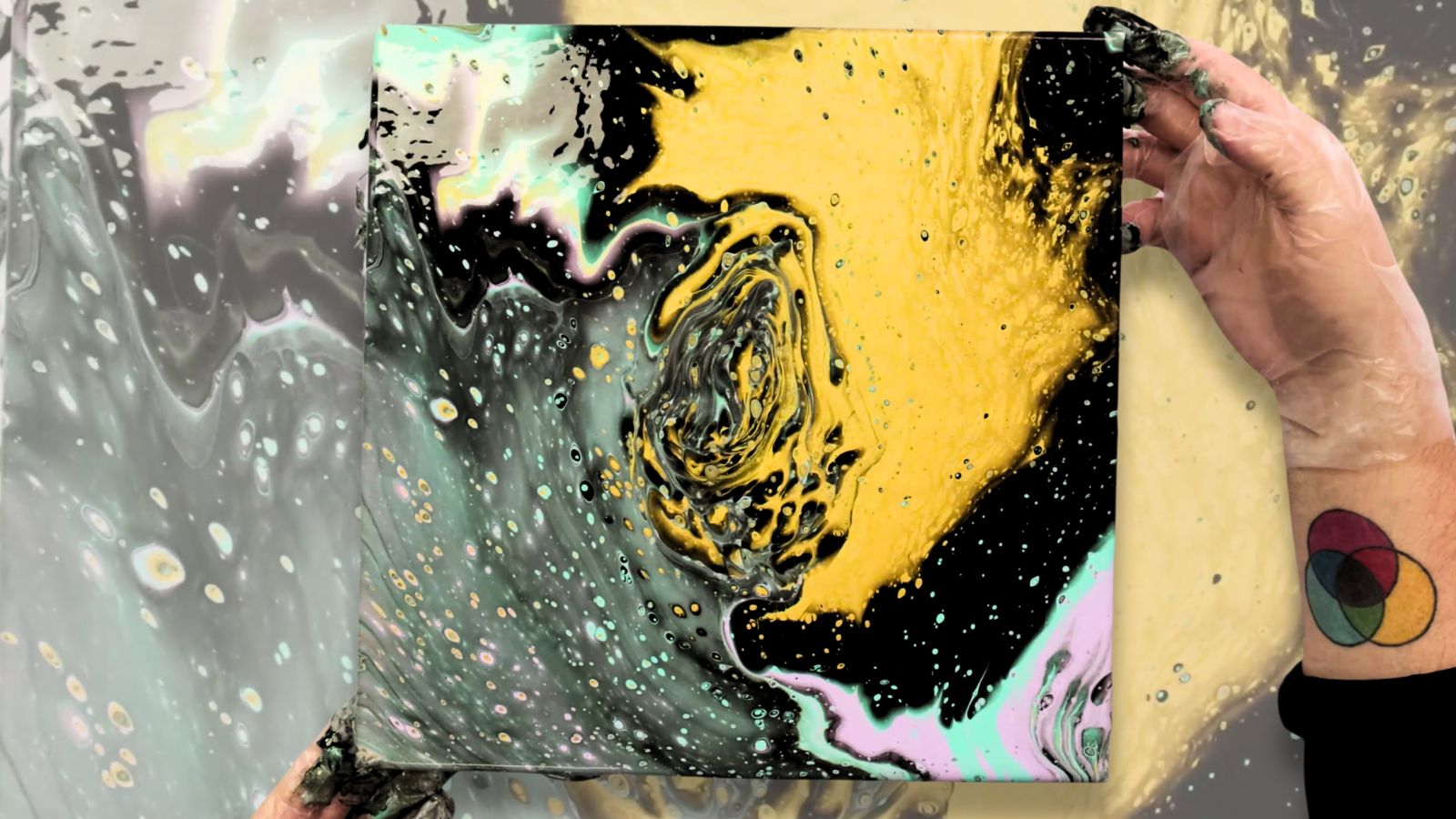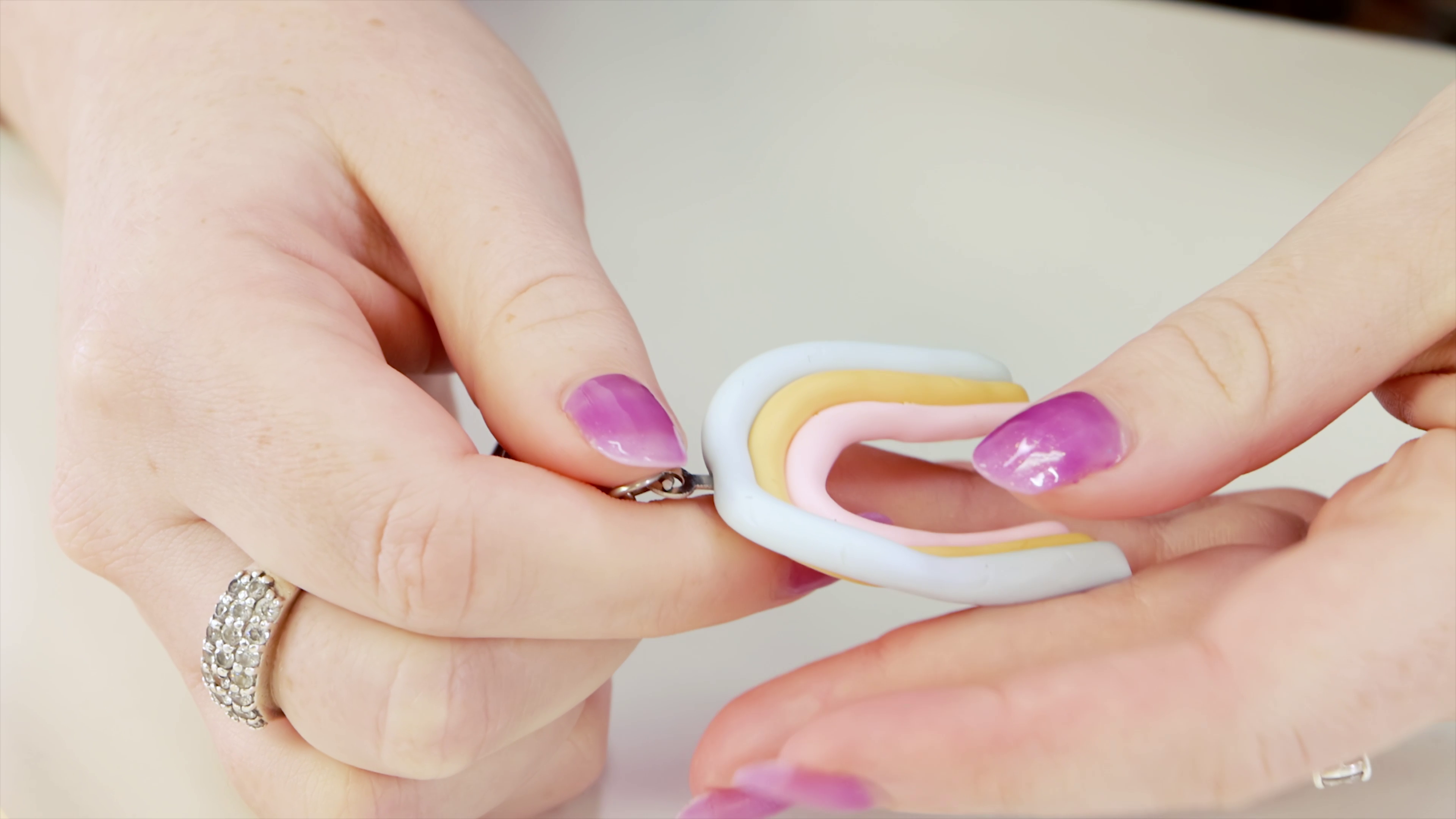If you love character and comic book art, or you’re a fan of matte paint effects, you may want to learn how to use gouache. We’re here to help with tips and tricks to get the most out of the medium so you can create from the heart. Don't let the fancy name put you off – there’s lots to love when it comes to gouache.
1. What is gouache?

Before we jump into the tips, let's demystify gouache. Pronounced 'gwash,' the medium sits somewhere between watercolour and acrylic paint. It's water-soluble like watercolours but opaque and matte like acrylics, making it great for both delicate washes and bold, dimensional layering. This means you can layer light colours over dark, as long as you allow each layer to dry.
Mont Marte Gouache is made so it’s easy to store and keep airtight, but you can also squeeze them into gouache storage containers if you like! Try keeping colours you mixed in Airtight Paint Containers so you can reactivate them with water for ongoing painting sessions.
2. What paper to use with gouache

The first step in any artistic journey is investing in quality supplies. Bring your Gouache alive on high quality, sturdy, smooth-surfaced Watercolour Paper. Apply it using specially made Gouache Brushes that are best equipped to suit the medium. They have a range of hair types and brush styles so you can create loads of effects.
Using a soft synthetic brush, such as our Taklon range, is another a great option for applying colours – their resilience to the thick consistency of gouache will make your strokes smoother than ever. Taklon brushes are handy to have around as they work with loads of different art mediums, expanding your options.
3. Gouache layering

One of the best things about gouache is its layering capabilities. Add depth and dimension to your art by slowly building up your colours and playing with tonal values. Start with thin washes and gradually build up to bolder strokes. If you make a mistake, it’s okay! Just wait until it’s dry and paint right over the area. Unlike watercolors, you can layer light shades on top of dark ones without losing vibrancy, giving you better control.
Patience is key when it comes to gouache. Though it dries quickly (yay), to avoid blending colours unintentionally, you will need to let each layer dry completely before adding another. The patience is well worth it though, as the crisp results and colourful depth speaks for itself! Grab a cuppa, take a breath, and let your masterpiece unfold layer by layer.
4. Paint opacity

Opaque gouache paints are fab, but thinning and diluting your colours is fun to explore! Play around with the paint-to-water ratio to find your ideal level of transparency. Washes and transparent paints are great for creating glaze effects and adding depth.
More paint = bolder colours; more water = increased transparency. One of the reasons to try gouache is your ability to control its consistency – experiment until you get the perfect balance that suits your artistic vision.
5. Storing gouache paint

Unlike oils that take their time to cure, gouache has a much shorter drying window. It sets fast, so work efficiently and stay hydrated – not just you, but your palette too! Gouache can dry on your palette, requiring you to reactivate by adding more water. To keep your palette fresh, mist it with water or use a palette with a lid like our Airtight Watercolour Palettes. That way, you can avoid spending time reviving dried colours with water, which can change their opacity overtime.
6. White gouache

Meet your new art bestie – white gouache! The versatility of this pigment makes it a secret weapon for comic and animation art styles. Mix it with other colours to lighten tones, correct mistakes, or add highlights. Because the paint is so opaque, you don’t have to work in any particular order – highlights can be added at any time! Use white gouache to fine-tune your artwork until it matches your imagination, bringing vibrancy and life to fine details. Comic and animated styles often have exaggerated, bubbly highlights that are easy to tackle with this medium.
7. Different painting surfaces

Gouache isn't picky – it plays well with a variety of surfaces. Beyond traditional Watercolour Paper, try experimenting with different surfaces like Painting Boards, Mixed Media Paper, or an Oil and Acrylic Pad. Each surface brings a unique texture and character to your artwork. Let your creativity run wild and see how gouache layers on unconventional canvases.
8. Mixed media

Don’t stop at gouache, add more mediums to the mix! Try combining gouache with Graphic and Paint Pens, Watercolours, Acrylic Paints, and more to create unique effects and textures. You may want metallic finishes, bold outlines, or fine script added to your artwork, so find the right medium to bring your vision to life.
Feel free to experiment but before you go all in, do a quick compatibility check to make sure your mediums mix well with gouache. Test it out on a scrap of paper before committing to your canvas.
We hope these tips get you excited to kickstart your gouache journey. Remember to take advantage of its forgiving nature, adaptable opacity, and layering capabilities in your next project! Whether you're a seasoned artist exploring a new medium or a complete beginner finding your inner artist, gouache is well worth exploring.
Grab some Gouche Paints, Taklon Brushes, and Watercolour Paper to get started. If you get creating, #montmarteart or tag us @montmarteart on Instagram or Facebook. We’d love to see what you create!
Stay updated with our latest tips, tricks, featured artists, projects, and more, and subscribe to Creative Connection by entering your email down below.


